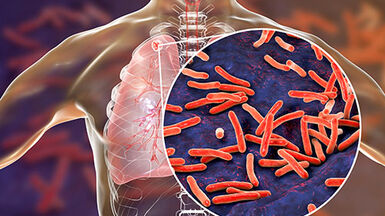About the fellowship

The ECDC Fellowship Programme is a two-year competency based training with two paths: the field epidemiology path (EPIET) and the public health microbiology path (EUPHEM).
It is available to nationals of EU/EEA Member States.
After the two-year training, EPIET and EUPHEM graduates are considered experts in applying epidemiological or microbiological methods to provide evidence to guide public health interventions for communicable disease prevention and control.
Both curriculum paths provide training and practical experience using the ‘learning by doing’ approach in acknowledged training sites across European Union (EU) and European Economic Area (EEA) Member States.
Field Epidemiology Path (EPIET)
The field epidemiology path (EPIET) trains public health experts in competencies for intervention epidemiology. Fellows are trained in national or regional centres for surveillance and control of communicable diseases in the European Union (EU) and Norway. The programme is aimed at European health professionals with previous experience in public health or epidemiology, who see their future professional career in field epidemiology.
The objective of the field epidemiology path (EPIET) is to provide state-of-the-art training in field epidemiology, enabling its fellows to apply epidemiological methods to a wide range of public health problems in Europe.
Public Health Microbiology Path (EUPHEM)
The EUPHEM path provides training and practical experience in public health microbiology at laboratories with public health functions in the European Union (EU). It is aimed at EU microbiologists with a medical, veterinary or environmental microbiology background and a keen interest in applying epidemiological principles and methods to microbiological data used in the prevention and control of diseases in the human population.
The objective of the public health microbiology path (EUPHEM) is to provide state-of-the-art training in public health microbiology enabling its fellows to apply microbiological and epidemiological methods to a wide range of public health problems in Europe.




